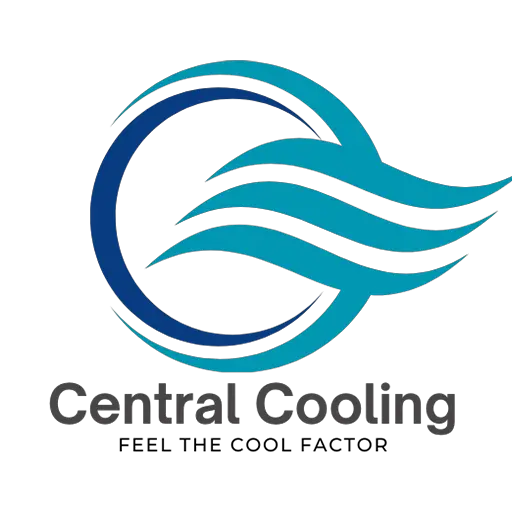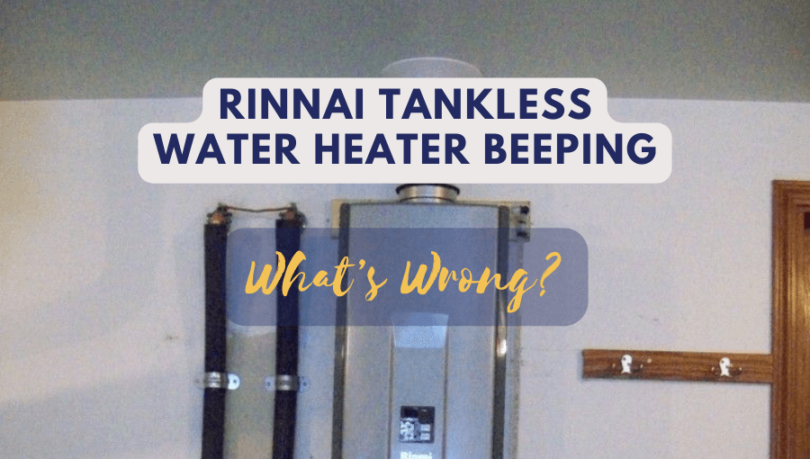Introduction
Rinnai water heaters have revolutionized the way we experience hot water at home. However, encountering alarms can be a perplexing experience for users. This comprehensive guide aims to unravel the mysteries behind Rinnai tankless water heater beeping, providing you with the knowledge to troubleshoot issues and ensure a continuous supply of hot water.
Rinnai water heaters have become synonymous with efficiency and reliability. These cutting-edge appliances are designed to provide a constant flow of hot water, catering to the diverse needs of households. However, even the most advanced systems may encounter alarms, signaling potential issues that need attention.
Understanding the nuances of troubleshooting Rinnai water heater alarms is crucial for every homeowner. Whether it’s a no hot water alarm, an overheating alert, or an ignition failure code, prompt action can prevent more significant problems down the line.
Common Rinnai Water Heater Alarms
Understanding Different Alarm Codes
Rinnai water heaters come equipped with an intelligent alarm system, each code indicating a specific issue. Common codes include “10,” signaling no hot water, “12,” indicating overheating, and “11,” denoting ignition failure. Familiarizing yourself with these codes is the first step in effective troubleshooting.
Troubleshooting Tips for Common Alarms
Before delving into specific alarms, it’s essential to grasp general troubleshooting techniques. Checking the gas supply, inspecting for scale buildup, and ensuring proper ventilation are universal steps that can resolve several issues.
No Hot Water Alarm
Possible Causes
The frustration of turning on the tap only to be greeted by cold water can be disheartening. The “10” alarm often indicates a no hot water scenario, which may result from issues like a faulty thermostat, gas supply interruptions, or a malfunctioning heating element.
Step-by-step Troubleshooting Guide
– **Check the Thermostat**: Ensure the thermostat is set to the desired temperature.
– **Inspect Gas Supply**: Verify that the gas supply is uninterrupted.
– **Examine Heating Element**: Assess the heating element for any signs of damage.
By systematically addressing these factors, you can often identify and rectify the cause of the no hot water alarm.
Overheating Alarm
Causes and Implications
An overheating alarm (code “12”) is a safety feature that prevents damage to the unit and ensures user safety. Understanding the causes, such as restricted airflow or a malfunctioning temperature sensor, is vital.
How to Resolve Overheating Issues
– Check Ventilation: Ensure proper ventilation to prevent overheating.
– Inspect Temperature Sensor: Verify the accuracy of the temperature sensor.
– Clean Heat Exchanger: Remove any debris from the heat exchanger to facilitate heat dissipation.
Proactively addressing overheating issues safeguards your Rinnai water heater and extends its lifespan.
Ignition Failure Alarm
Reasons Behind Ignition Failures
The “11” alarm signifies an ignition failure, often attributed to issues like gas supply problems, a faulty igniter, or a blocked burner.
DIY Solutions for Ignition Failure Alarms
– Check Gas Supply: Confirm that the gas supply is sufficient.
– Inspect Igniter: Clean or replace the igniter if it shows signs of wear.
– Clear Burner Blockages: Remove any obstructions hindering the burner’s operation.
Taking these steps can reignite your water heater and restore the warm flow of water.
Gas Supply Issues
Identifying Gas-Related Problems
Inadequate gas supply can lead to various alarms. Understanding the signs of gas-related issues is crucial for effective troubleshooting.
Addressing Gas Supply Concerns
– Check Gas Line: Inspect the gas line for leaks or blockages.
– Verify Gas Pressure: Ensure that the gas pressure meets the system requirements.
Addressing gas supply concerns promptly is essential for the smooth operation of your Rinnai water heater.
Scale Buildup and Maintenance
Impact of Scale Buildup on Rinnai Water Heaters
Scale buildup can compromise the efficiency of your water heater, triggering alarms and reducing performance.
Preventive Maintenance Tips
– Flush the System Regularly: Prevent scale buildup by flushing the system periodically.
– Install a Water Softener: Consider using a water softener to reduce scale formation.
Routine maintenance mitigates the risk of alarms and ensures the longevity of your Rinnai water heater.
Electronic Component Failures
Troubleshooting Electronic Failures
Modern Rinnai water heaters rely on electronic components, and malfunctions in these parts can lead to alarms.
When to Seek Professional Help
– Persistent Alarms: If alarms persist despite DIY efforts, consult a professional.
– Faulty Electronics: For electronic issues, seek assistance from a qualified technician.
While DIY solutions work for many problems, electronic component failures may require expert intervention.
Tips for Regular Maintenance
Importance of Routine Checks
Prevention is key when it comes to Rinnai water heaters. Regular checks can identify potential issues before they escalate.
DIY Maintenance for Rinnai Water Heaters
– Visual Inspection: Look for leaks, corrosion, or unusual sounds.
– Flushing System: Regularly flush the system to remove sediment and debris.
Incorporating these practices into your routine ensures the optimal performance of your water heater.
Professional Services for Troubleshooting
When to Call a Professional Plumber or Technician
Certain issues necessitate the expertise of a professional. Knowing when to seek professional help is vital for timely resolution.
Signs Indicating the Need for Expert Intervention
– **Unusual Sounds**: Persistent strange noises may indicate a deeper problem.
– **Water Leaks**: Leaks can lead to structural damage and should be addressed promptly.
Calling a professional ensures a thorough inspection and accurate resolution of complex issues.
User-Friendly Troubleshooting Tools
Rinnai’s Online Resources
Rinnai provides valuable online resources to assist users in troubleshooting common problems.
How to Use the Customer Support Portal
Navigate the customer support portal to access guides, FAQs, and contact information for personalized assistance.
Upgrading Your Rinnai Water Heater
When is it Time for an Upgrade?
As technology evolves, upgrading to the latest Rinnai models offers enhanced features and improved efficiency.
Benefits of the Latest Rinnai Models
Explore the advantages of upgrading, such as energy efficiency, smart technology integration, and extended warranties.
Conclusion
In conclusion, troubleshooting Rinnai water heater alarms requires a systematic approach and an understanding of the unique codes. Regular maintenance, DIY solutions, and professional assistance all play crucial roles in ensuring the longevity and optimal performance of your water heater. By addressing alarms promptly and proactively maintaining your system, you can enjoy a continuous and reliable supply of hot water.
FAQs
1. Q: Can I troubleshoot Rinnai water heater alarms on my own?
– A: Yes, many common issues can be resolved with DIY troubleshooting. Refer to the guide for step-by-step instructions.
2. Q: How often should I flush my Rinnai water heater system?
– A: It is recommended to flush the system at least once a year to prevent scale buildup.
3. Q: What should I do if the alarm persists after troubleshooting?
– A: If alarms persist, contact Rinnai customer support or consult a professional plumber.
4. Q: Are there any indicators for when I should upgrade my Rinnai water heater?
– A: Consider upgrading if your unit is outdated, experiences frequent issues, or if you want to benefit from the latest technological advancements.
5. Q: Is professional maintenance necessary for Rinnai water heaters?
– A: While DIY maintenance is essential, professional inspections are recommended periodically to ensure thorough checks and early detection of potential issues.
Disclosure: We may get commissions for purchases made through links in this post.








